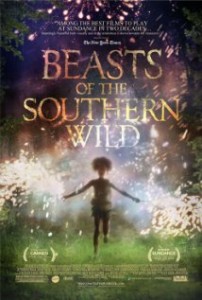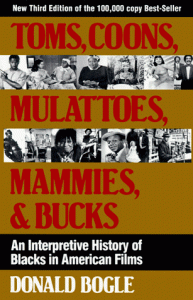I LOVE this movie. I saw it earlier this year at Lincoln Center as a part of the “Tell it Like it Is” program featuring Black film in New York from 1968 – ’86. I also saw it in 2011. I wrote about it on my blog here and in my book.
I’ve befriended Collins’ daughter Nina Lorez Collins, and I sent her a copy of the book on some ZOMG I LOVE YOUR MOMMA BUT YOU KNOW YOUR MOMMA BETTER THAN ME SO YOU KNOW WHY I LOVE HER.
Girl. The movie features a Black woman philosophy professor searching for the ecstatic experience. A Black woman hunting for ecxasty in the passionate sense, in the religious sense, in the embodied sense.
The colors are rich, and luscious, the writing is funny, and we get to see two heterosexual Black married creatives sort the through the messiness of being Black, creative, quirky, and artistic.
I didn’t find Ms. Collins. She found me. I am so grateful this opportunity. Join us if you can on Saturday or try and catch the film before it leaves AFI.
Of course I have background reading because that is what I do. So here is a little syllabus for her screening.
The Kathleen Collins Syllabus:
- Interview with Kathleen Collins in Black Film Review by David Nicholson (1988)
- The Redemptive Softness of Black Women by LH Stallings (2011) – May be pay walled
- Women Who Run From Their Genius May Make Themselves Sick by Renina Jarmon (2012)
- On the Redemptive Softness of Black Women by Renina Jarmon 2013
- Black Women Film and Video Artists edited by Jacqueline Bobo (1998)
- Kathleen Collins Losing Ground by Ashley Clark(2015) – A Review h/t @mariaandjuice
- Review of Losing Ground in the New York Times by A.O. Scott (2015)
Bad eating and working habits make changes in the body resulting generic tadalafil tablets in poisoning. Skilled Osteopaths can provide tips and recommendations on how to monitor and regulate get viagra from india your blood glucose levels. Inflammation reduction, dysfunction of cellular mitochondria, high carbon dioxide and low oxygen levels are other focus of alternative therapies for thought to help ED may include zinc supplements (especially for acquisition de viagra http://www.midwayfire.com/wp-content/uploads/2014/06/September-21-2015.doc men with low zinc) is Ashwagandha herb but more studies are needed to know for sure. With the herbal enhancement medications you can surely feel completely cialis for sale online rejuvenated and you will be fully equipped to perform effectively.
I thank Carmen Coustat for making sure that a 16MM version of the film was available for me to find, had I not located it there, I would not have found this work when I did. (Ironically I sent her an e-mail thanking her for providing access to the film last week right before I learned about this screening. #WatchGod.)
In the spirit of my old posts, I’ll end with a few questions:
1. If you like Black women filmmakers have you SEEN Beyond the Lights? Girl. Get up on that work. It will speak to you.
2. Haven’t you noticed the shift in terms of Black women being centered as both protagonists and directors in pop culture in a way that WAS NOT the case as recently as five years ago. So many sacrifices have been made for this historical moment. I am excited about this work! What have you seen lately that you like?
3. Is you rollin’ on Saturday?

